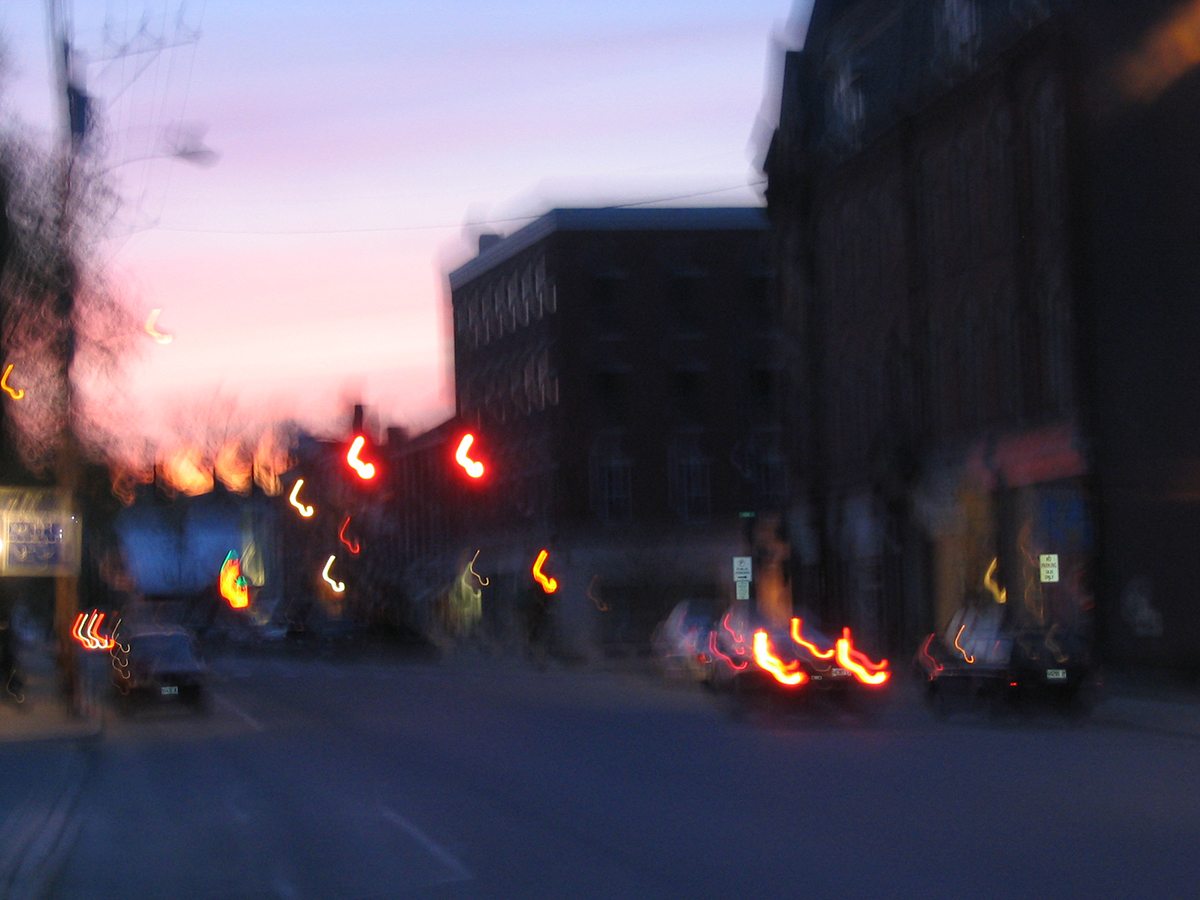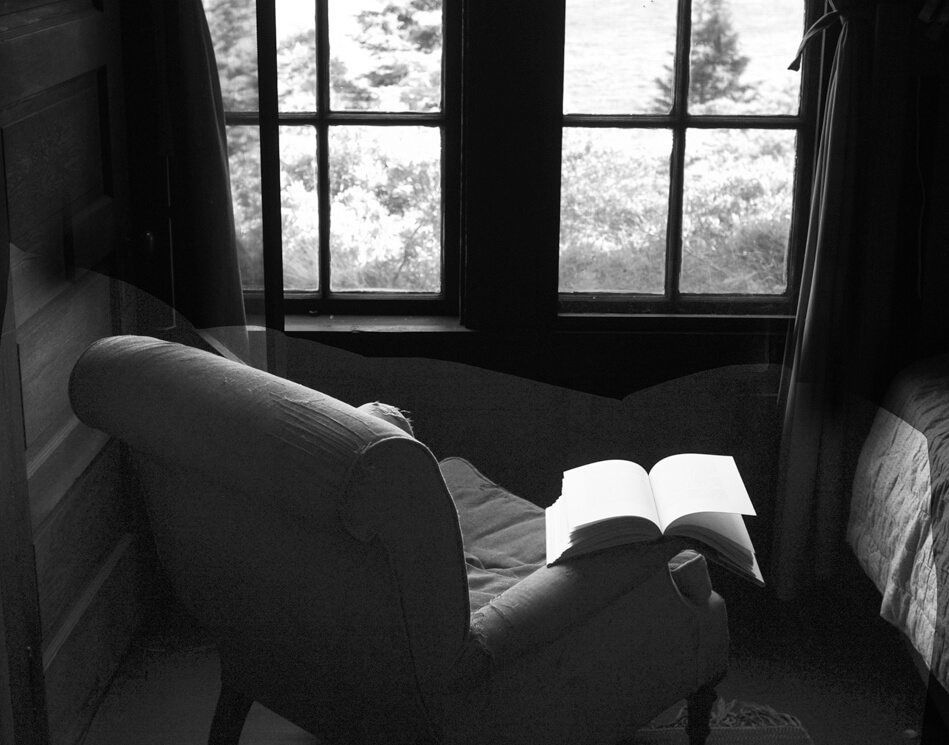Featured Photo by Michael Weymouth
The ad in the paper read as follows:
Wanted: Poet Laureate of Belfast, Maine. Qualifications: Be Belfastian, clever, productive, thoughtful, elegant, colorful, worldly, and a well worded poet to express and convey a vision of Belfast.

I applied, and in 2006, I was named the Poet Laureate of my small town of 6,000 souls on the coast of Maine. I took my post seriously. I felt my job was to embody the spirit of my town and inspire folks to read poetry. I threw myself into the work, coordinating monthly poetry readings, and writing a weekly poetry column which was published in three Midcoast papers highlighting Maine poets. I helped organize the second Annual Belfast Poetry Festival. I read poetry before I went to sleep (as I had for years) and continued to compose poetry as ideas popped into my head on my early morning walks. A friend suggested that I should get a license plate that said POET. I was tempted, but I wondered “what if I didn’t always write poetry?” Even though I couldn’t imagine that would ever happen.
After I completed my year of service to poetry, I faced my youngest child’s departure from home. To offset the shock of an empty nest, I started an MFA program in Poetry. I was aware as a self-taught poet that I had so much to learn about craft. I began the low residency Stonecoast MFA (at University of Southern Maine) with the intention to step out of the box of how I wrote, to break up what had become too familiar in my choices of subject matter and style. I couldn’t imagine how this program would radically alter my writing.
In my first term with Gray Jacobik, she challenged me to take more risks in my material and experiment with form. She suggested I read C.K. Williams and Stephen Dobyns whose gritty narrative poems dared me to mine my most mortifying moments for truth. Gray told me my work stayed too light, I needed to go deeper, to look at my darker side. Lisel Mueller’s work urged me to unearth the shadow voices. Childhood memories and nightmares reappeared like the witch I believed as a child that lived under my bed grabbing at my ankle when I leapt to the safety of my covers.
As a Midwestern WASP girl of the 50’s and 60’s, I politely ignored what was obvious and did not see the truth. Now I experimented with Williams’ long Whitmanian line to write about being a girl at dancing school, too embarrassed to excuse herself to go to the bathroom, who let pee stream down her legs while dancing. Everyone else pretended nothing was going on. The poem expanded to include an awareness of the outer world, the world of the civil rights movement, beyond the private mortifications of privileged white children, I asked myself, What takes courage to write? Curiously discomfort became a gauge to hold up against the work. Was I scared? Was I uncomfortable? Good, I was going in the right direction.
My second term I began to focus on writing about issues of Race with poet Tim Siebles. (See my Blog entry on Writing about Race). Then something happened that changed everything in my writing.
Mid-term I had a surgical procedure to correct a heart arrhythmia. (A cryo-ablation for Atrial Fibrillation) I was left exhausted. Fluid formed around my heart causing me to cough for a month. Exhausted, my mind was flat and listless. I was afraid my worst fear had come true, that after surgery I’d lost my ability or the impulse to write poetry. Not a single thought for a poem sparked with the old familiarity. Not a single first line leapt into my mind while walking slowly on short walks. No words sent me home to catch a poem pouring from the first sentence. I felt lonely and lost without the poetry that had filled my life for decades.
In this weary isolation, a curious thing happened. I slipped into my seven year old self. I closed my eyes and for hours at a time I returned to my childhood home in Ohio. I wandered around that house in my mind the same way I had as a girl. I imagined the house upside down. I saw myself walking on the ceiling through rooms and down the stairs with the Japanese woodcuts of waves and mountains on the wall. All I had to do was close my eyes, when napping or at night, and I was there. I began to wake up with memories that demanded to be written down. I had enough energy to sit up on the couch with my laptop for an hour each morning to record these stories. I say record instead of writing because I was catching this little girl’s voice telling me stories. She became my companion as I remembered and wrote down these experiences.
Writing poetry did not return. The mysterious force by which a line or phrase used to grab me and demand to be written vanished with the freezing and scaring of the erratic electrical impulses in my heart. For me, writing poetry had been like jumping out of a plane, it had a speed and intensity, a place I was going, yet unexpected leaps of connection would click, bringing excitement and pleasure. I felt compelled to keep going until I got down the first draft.
This new writing was completely different. I woke up slowly listening to the stories and memories that floated to the surface each day. I went to my computer and wrote. The stories unfolded as if I were paddling slowly down a sleepy river. I’d take time to pause and look up into the trees. I’d stop and explore each tributary. I was in no hurry to get any particular place. I was exploring, learning, open. Each morning I got back into the same canoe and kept paddling. Months later, I was deeply relieved when Baron Wormser reassured me that my poetry was alive and well in my prose. As my heart healed it continued to release memories and details from my childhood and teens. I kept writing these ‘stories,’ not knowing what they really were, not sure what to call them. Yet something exciting was happening in my work. After receiving my last packet, my mentor Tim Siebles called because he was so excited by my child’s perspective on the race riots in 1967.
I slowly came to realize I was writing memoir. I applied to change genres from Poetry to Creative Non-fiction and requested another semester for my program. I was a beginner. I had to learn the craft of prose. I needed to read and study memoir

Leave A Comment